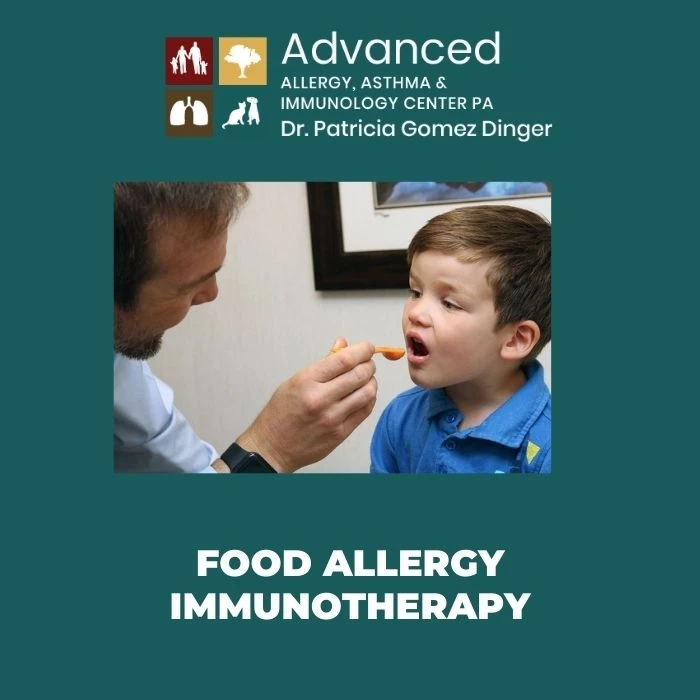Food allergies are a major problem in many parts of the world, with up to 50% of the population in some places reporting having at least one type of food allergy. While food allergies may appear to be on the rise, some believe that food allergy immunotherapy is just what the medical community needs to get their allergies under control once and for all. Here's what you need to know about this new Advanced Allergy, Asthma and Immunology Center approach to food allergy management, including how it works and why it's gaining popularity.
What are the causes of food allergies?
While it is not yet known what exactly causes food allergies, there are some theories. One is called the hygiene hypothesis, which suggests that early exposure to germs on your body can help build a healthy immune system, better protecting you from allergies and self-induced diseases. immune. Not only do children raised on farms appear to have fewer allergies, but several studies have shown that more people in developed countries with cleaner environments suffer from hay fever and require food allergies treatment.
Who is at risk of developing a food allergy?
The most common food allergies are peanuts, tree nuts, fish, shellfish and cow's milk. About 8% of children will develop a food allergy and about 1 in 12 adults will have a food allergy. People with severe asthma or eczema may be at increased risk of developing a food allergy. There is no definitive research yet as to why some people are more susceptible than others, but genetic and environmental factors may play a role. Children who develop allergic conditions such as asthma or hay fever at a young age also appear to be at increased risk of developing food allergies and require intensive pcn testing for food allergies.
The phases of immunotherapy
Before making a decision about starting food allergy immunotherapy, find out what to expect and how your immune system works by obtaining a San Antonio allergen report from the Advanced Allergy, Asthma and Immunology Center. They also offer microneedling treatments. The good news is that clinical studies have shown that many patients are completely allergy-free or at least able to eat small amounts of trigger foods without experiencing a reaction. While these results are encouraging, keep in mind that some people do not respond well and feel frustrated by persistent symptoms.
Conclusion
If you are faced with a life where you avoid certain foods and feel bad, there is a possible solution for you. Although currently not widely available, immunotherapy as well as dermal fillers can help you overcome your food allergies. Keep in mind that although immunotherapy is an option worth considering for a normal life, it is still considered experimental and research into its benefits and risks is ongoing. However, if you suffer from life-threatening food allergic reactions, this may be the right choice for you. There's no way to know without talking to your doctor and getting tested before undergoing treatment. Although it has been shown to be effective in some patients with severe reactions, the long-term effects of food allergy immunotherapy are still unknown. For more information, please contact the Advanced Allergy, Asthma and Immunology Center!



